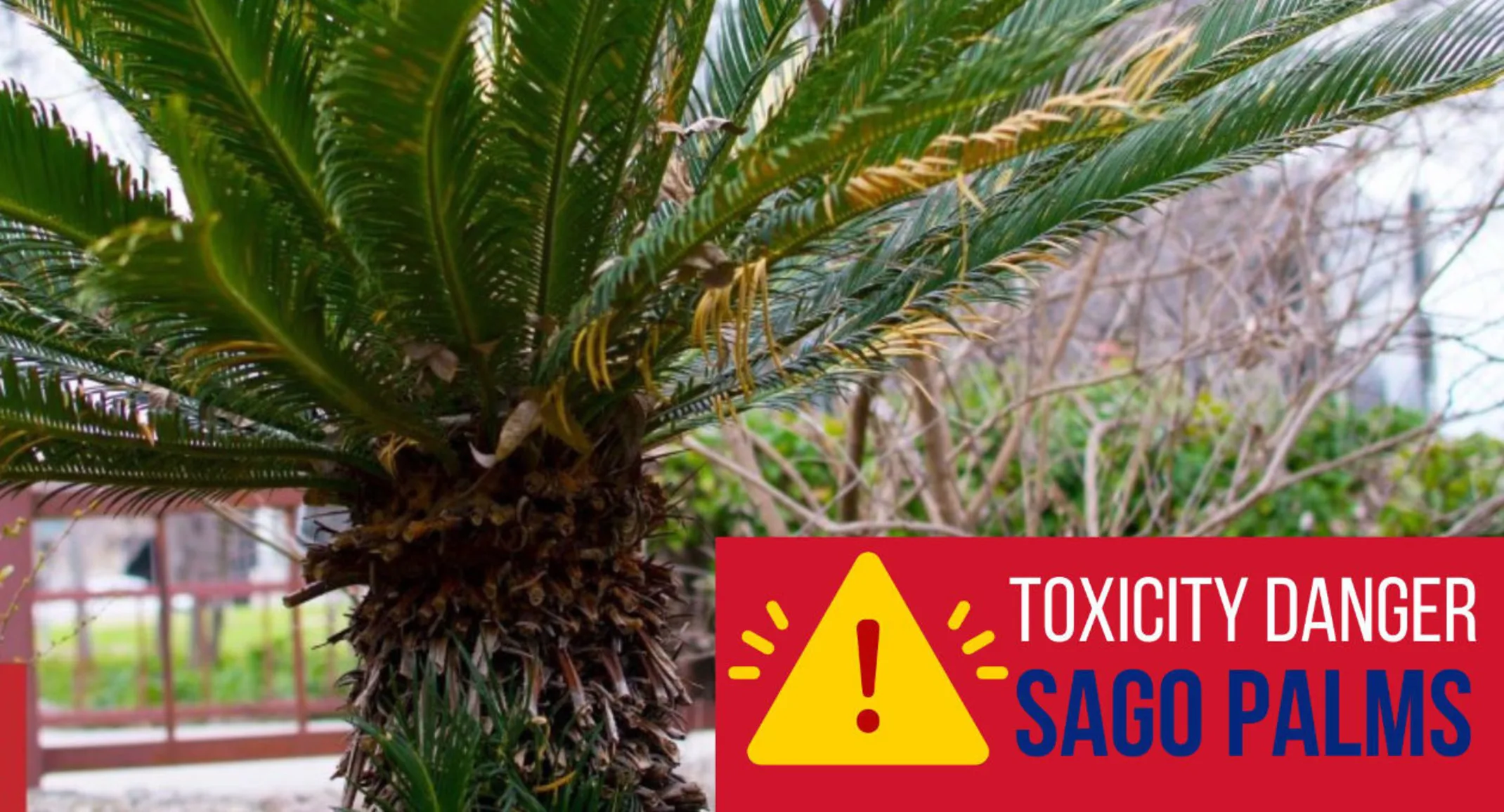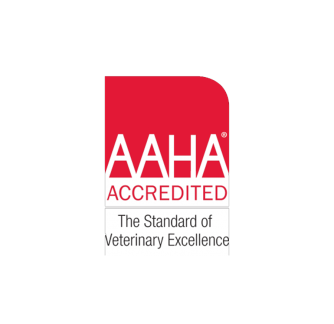Sago Palm Poisoning in Pets
April 29, 2025 · Pet Safety

Sago palms may look beautiful in landscaping and pots, but they pose a serious danger to pets — especially dogs. Found commonly in Texas landscaping and sold as decorative houseplants, these plants are highly toxic if ingested. Unfortunately, many pet owners are unaware of the risk until it’s too late.
Every part of the Sago palm is toxic, but the seeds (or “nuts”) are the most lethal. The plant contains cycasin, a toxin that will cause severe liver failure and, in many cases, death — even in small amounts.
Symptoms of Sago Palm Poisoning
If your pet ingests any part of a Sago palm, symptoms can begin within hours and escalate quickly. Signs to watch for include:
Vomiting (often the first sign)
Diarrhea
Drooling
Lethargy or weakness
Loss of appetite
Abdominal pain
Yellowing of the skin or eyes (jaundice)
Seizures or tremors
Bloody stool
Time is critical.
If you suspect your pet has ingested part of a Sago palm, don’t wait for symptoms to worsen — seek emergency veterinary care immediately. Sago palm poisoning can progress rapidly.
Bring a sample of the plant (if available) or take a photo to help with identification.
Prevention Tips
Remove Sago palms from your home and yard if you have pets.
Educate friends and family about the risk, especially if they have pets or young children.
When landscaping, choose pet-safe alternatives.
Keep pets away from plant trimmings and debris.
Always check plant toxicity before bringing any new plant home — even small potted ones. You can look up a plant on the ASPCA’s website.
We’re Here When You Need Us
We know how quickly emergencies can happen — and how important fast, expert care is when they do. If your pet has come into contact with a Sago palm or any unknown plant, don't hesitate. Call us immediately or come in — we’re open 24/7.
Treatment of Sago Palm poisoning may involve induced vomiting, IV fluids, liver protectants, anti-seizure medications, and in some cases, blood transfusions or intensive hospitalization. Remember, time is critical.
Your pet’s safety is our top priority.
Emergency Contact:
📍 7850 FM 1488, Magnolia, TX, 77354

